8 results in The Value of
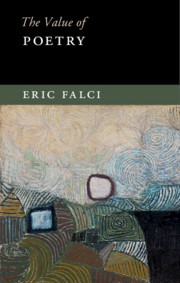
The Value of Poetry
-
- Published online:
- 20 November 2020
- Print publication:
- 03 December 2020
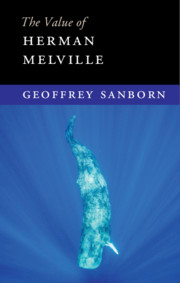
The Value of Herman Melville
-
- Published online:
- 13 September 2018
- Print publication:
- 06 September 2018
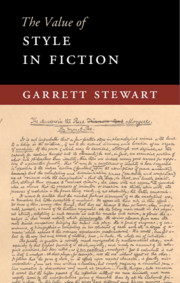
The Value of Style in Fiction
-
- Published online:
- 01 June 2018
- Print publication:
- 14 June 2018
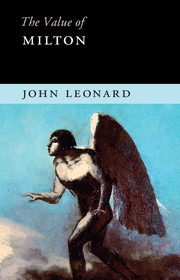
The Value of Milton
-
- Published online:
- 05 July 2016
- Print publication:
- 24 June 2016
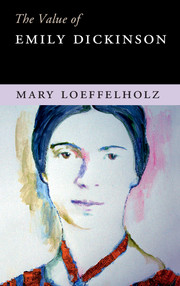
The Value of Emily Dickinson
-
- Published online:
- 05 June 2016
- Print publication:
- 23 June 2016
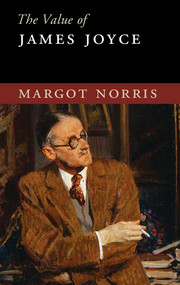
The Value of James Joyce
-
- Published online:
- 05 March 2016
- Print publication:
- 21 March 2016
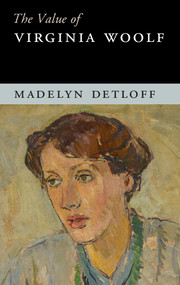
The Value of Virginia Woolf
-
- Published online:
- 05 March 2016
- Print publication:
- 08 March 2016
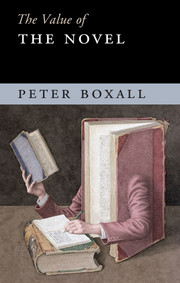
The Value of the Novel
-
- Published online:
- 05 September 2015
- Print publication:
- 09 September 2015

